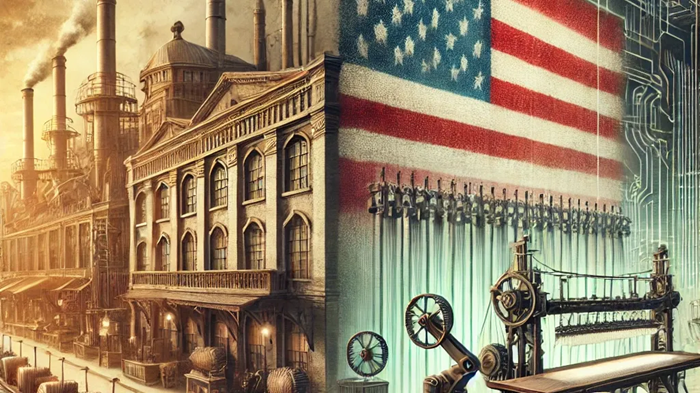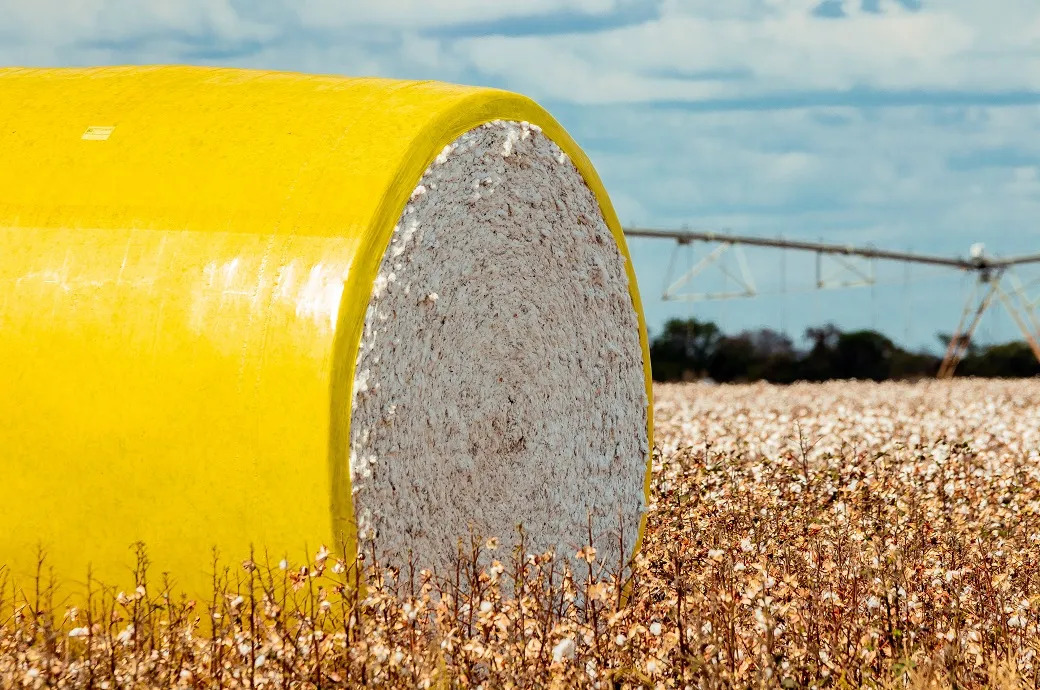 With most white-collar job workers locked away at home and fewer weddings and parties being organized, demand for suits and formal wear across the world has taken a beating. As per a Reuters report, in Australia, demand for wool has hit an all-time low, while in the US and Europe, formalwear retailers like Brooke Brothers, TM Lewin are closing stores with a dip in demand.
With most white-collar job workers locked away at home and fewer weddings and parties being organized, demand for suits and formal wear across the world has taken a beating. As per a Reuters report, in Australia, demand for wool has hit an all-time low, while in the US and Europe, formalwear retailers like Brooke Brothers, TM Lewin are closing stores with a dip in demand.
Stretch fabrics more in vogue
Growing emphasis on comfortable apparels has led farmers and mills across the world to opt for stretch fabrics, explains Silvio Botto Poala, Managing Director, Lanificio Botto Giuseppe, a wool mill in Italy. There is a 50 per cent decline in the prices of Australian fine wool in the last 18 months. In September, the benchmark price for merino wool fell to A$8.58 ($6.1) per kg from A$20.16 in early 2019. It has since partly recovered to just over A$10.
And as Andrew Blanch, Managing Director, New England Wool points out, many buyers now have excess wool supplies. They need to first get rid of this excess stock before they come back to the Australian market, he adds. China, the only wool buyer
excess stock before they come back to the Australian market, he adds. China, the only wool buyer
China, is the only country currently purchasing wool though even its wool acquisition rate has reduced, Merino sheep farmers are storing wool in sheds or storage facilities; though some are selling in weak markets to stay financially afloat. A farmer in Australia’s New South Wales, Dave Young, has started selling lamb meat instead of wool. He currently has 4,500 sheep on his property. Wool mills’ sales fall by 25 percent
Due to a jump in food supplies Northern Italy, Botto Poala expects mill's sales to fall by 25 per cent from €63 million. More than 50 per cent of his mill's turnover comes from either specially treated wool or from wool combined with Lycra that makes it more stain and crease resistant. Some businesses are witnessing a 50 to 80 per cent plunge in sales, says Ettore Piacenza, General Manager, Fratelli Piacenza wool mill, a centuries-old family business with an annual turnover of €52 million.
Over the past few years, there has been a gradual shift towards casual wear. And COVID-19 has hastened this shift by boosting sales of comfort clothing and sportswear. According to Lyst, a global fashion search platform, Nike emerged the hottest brand in Q2 FY 2020 with Gap's Athleta named the best-performing fashion line in the three months to August 1. Suits are among the highest-discounted and lowest-selling items in France, Italy and Germany in September, says a data compiled by StyleSage, which combs prices on websites.
Wool retailers face an uncertain future
Collapse in demand for suits has led to many US retailers including Jos A Bank and J Crew, to file for bankruptcy over the summer. As per Coresight Research, many retailers face an uncertain future as around 25,000 stores are expected to close by the year end.
Since the end of lockdown, business has been extremely slow, says Jasper Littman, a tailor trained in Savile Row. Usually making about 200 suits in a year, he has made only 63 suits this year. Littman says, this year, customers are reluctant to risk riding the train to pick up even those suits that have already been made and having paid deposits for them.












